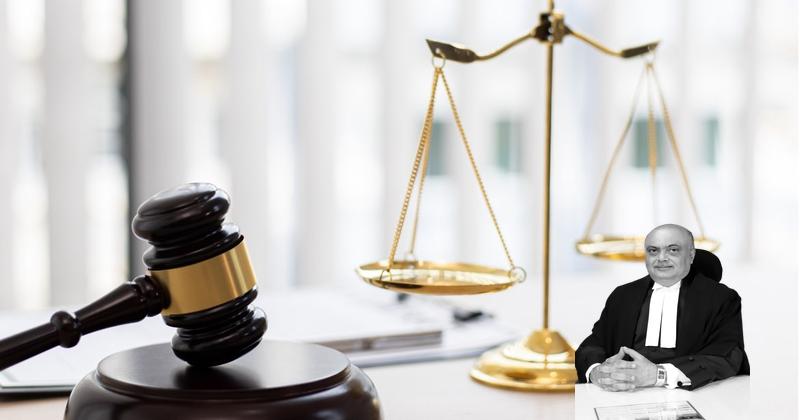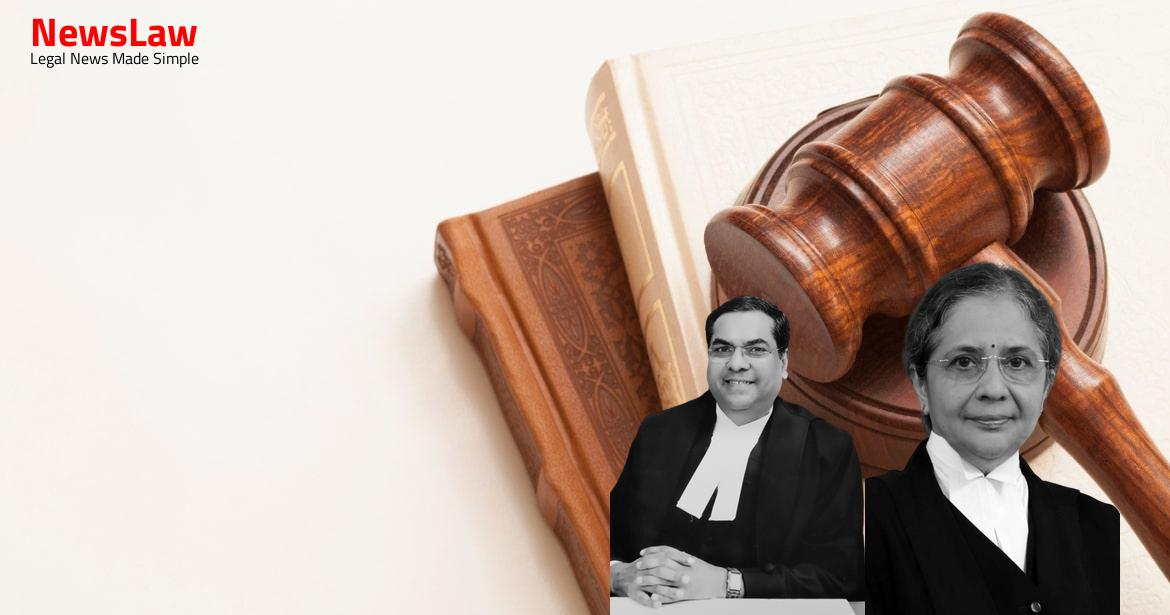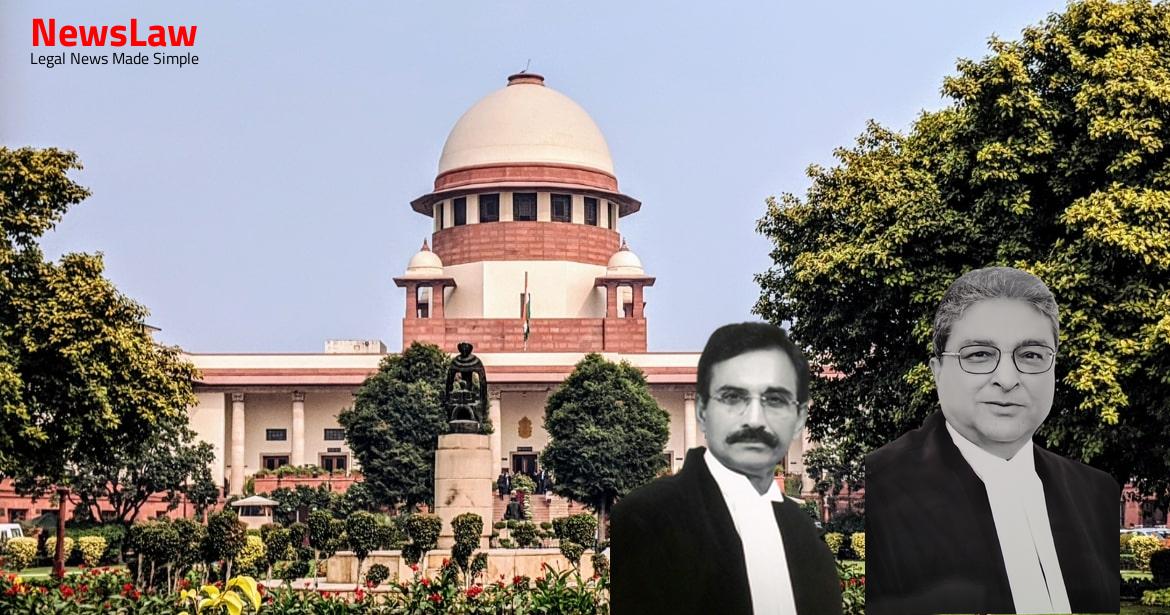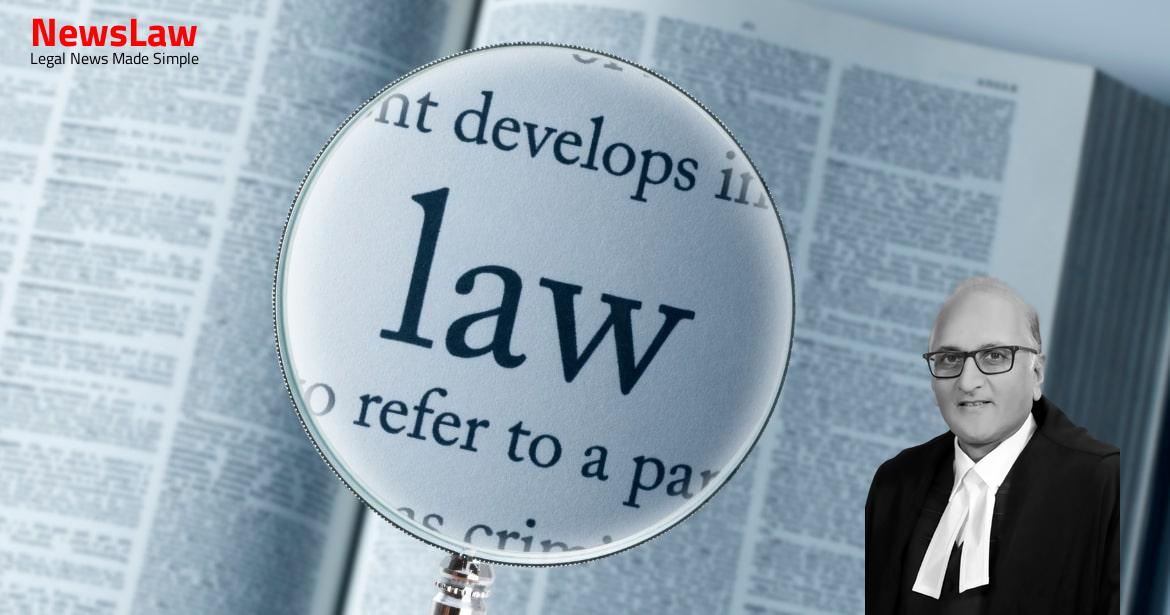History and rationale for designation of Senior Advocates in India : The practice of having a distinguished class of senior pleaders with considerable status and experience in India can be traced back to legal practice in the United Kingdom. Presently, the designation of Senior Advocates in India is provided by Section 16 of the Advocates Act, 1961 (hereinafter referred to as the ‘ Advocates Act’ ), wherein advocates are classified in two categories, namely as a ‘Senior Advocate’ and ‘Advocate’. She submitted that the existing system of designation of Senior Advocates was flawed as it was not objective, fair, and transparent, and thus did not take into account considerations of merit and ability.
The Permanent Committee will examine each case in the light of the data provided by the Secretariat of the Permanent Committee; interview the advocate concerned; and make its overall assessment on the basis of a point- based format indicated below: Sl.No. Judgments (reported and unreported) which indicate the legal formulations advanced by the concerned advocate in the course of the proceedings of the case; pro bono work done by the advocate concerned; domain expertise of the applicant advocate in various branches of law, such as Constitutional law, Inter-State Water 40 points Disputes, Criminal law, Arbitration law, Corporate law, Family law, Human Rights, Public Interest Litigation, International law, law relating to women, etc. The norms, as enumerated in the 2017 Judgment, required 10 points to be given for all advocates practicing between 10-20 years and 20 points for advocates practicing beyond 20 years.
Also Read: https://newslaw.in/supreme-court/selection-and-appointment-of-judicial-officers-in-himachal-pradesh/
The method of designation prior to the 2017 Judgment, was by a discussion followed by voting by secret ballot from Judges of the Full Court.
Applicants before us submitted that designation through voting by secret ballot defeats the very purpose of setting up the Permanent Committee. The constitution of a Permanent Committee, reliance on certain objective criteria for assessment, and final decision through voting are the central aspects of the 2017 Judgment.
While it is alleged that voting by secret ballot may not always subserve the interests of transparency, in practice judges may be reluctant to put forth their views openly.
A decision on the number of successful applicants must be left to the Permanent Committee, depending on the total number of applicants, the marks obtained by them, and the number of people that can be invited for the personal interview. Most practicing advocates find very little time to write academic articles.
Instead, it must also include teaching assignments or guest courses delivered by advocates at law schools. We leave it to the Permanent Committee to decide on the manner of assigning points under this category, including the possibility of taking external assistance to gauge the quality of publications.
Thus, an assessment would have to be carried out in enquiring into the role played by the advocate in the matter they have appeared in with their role specified by them in their application. The specialized tribunals are the National Company Law Tribunal, Appellate Tribunal for Electricity, Appellate Tribunal under the Prevention of Money Laundering Act, 2002, Telecom Disputes Settlement and Appellate Tribunal, Consumer Dispute Redressal Commission, etc.
This category of advocates and their expertise is also essential for the advancement of all specialized fields of law. One of the criticisms against retaining this category was that it would delay the process of designation, keeping in mind the practical issue of interviewing a large number of candidates. As we have streamlined the process by restricting the number of interviews in the context of number of candidates to be designated, we believe a meaningful exercise can be carried out. Although designations in the Supreme Court in comparison to High Courts have usually taken place at the age of 45 plus, younger advocates have also been designated.
Here, we would like to reiterate the observation made in the 2017 Judgment that the power of suo motu designation by the Full Court is not something that is being taken away.
Once we have fine-tuned the norms, we cannot say that the pending applications will be considered under the old norms. [Sanjay Kishan Kaul]…………………………………….
J.
Case Title: INDIRA JAISING Vs. SUPREME COURT OF INDIA THROUGH SECRETARY GENERAL . (2023 INSC 524)
Case Number: MA-000709 / 2022



